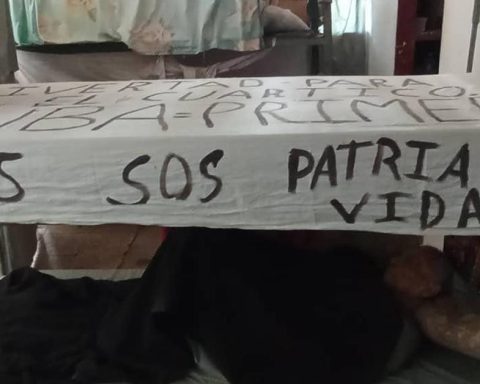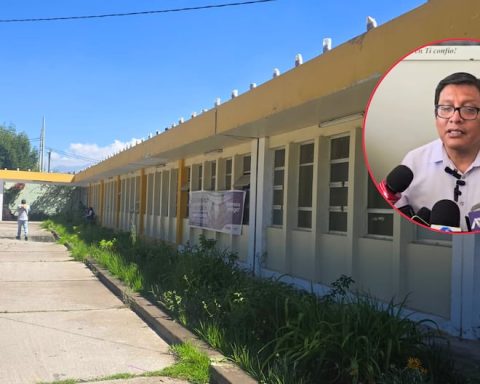The federal government launched this Thursday (12), in Belford Roxo, Rio de Janeiro, a program to reduce maternal mortality by 25% by 2027. In relation to black women, the intention is to reduce mortality by 50% in the same period. Called Rede Alyne, the initiative is a restructuring of the former Rede Cegonha, which provides care for pregnant women and babies in the public network.
The initiative pays tribute to young Alyne Pimentel, a young black woman who died at the age of 28, six months pregnant, due to a lack of adequate care in the public health network in the municipality of Belford Roxo (RJ), in 2002. Alyne was also the mother of a 5-year-old child.
The young woman’s death led Brazil to be internationally condemnedin 2011, by the Committee on the Elimination of all Forms of Discrimination against Women (CEDAW) of the United Nations (UN), with recommendations to reduce the number of preventable maternal deaths, recognized as a violation of women’s human rights to safe motherhood.
In 2014, 12 years after Alyne’s death, the federal government compensated his family. On the occasion, a symbolic ceremony was held in Brasília, where Alyne’s mother, Maria de Lourdes da Silva Pimentel, received a plaque in honor of her daughter. The government paid Maria de Lourdes US$55,000 as financial compensation for Alyne’s death.
Numbers
In 2022, the maternal mortality ratio (number of deaths per 100,000 live births) for black mothers was double that of the general population: 110.6. Overall, there were 57.7 deaths per 100,000 live births.
Brazil wants to achieve the United Nations (UN) Sustainable Development Goal (SDG) of 30 deaths per 100,000 live births by 2030.
Investments
The goal of the Alyne Network is to benefit women with humanized and comprehensive care, taking into account ethnic-racial and regional inequalities.
During the launch, President Luiz Inácio Lula da Silva highlighted the importance of pregnant women being well treated when seeking medical care.
“We want to create a program so that women are treated with dignity, so that women can undergo all the necessary examinations, so that women can take all the photographs they want of their uterus to see how the child is doing, so that we can ensure that women arrive at the doctor’s office healthy and leave there, in addition to being healthy, with a very beautiful child in their arms,” said President Luiz Inácio Lula da Silva during the event, which was attended by Alyne’s daughter, who was five years old at the time of her mother’s death.
In 2024, the Ministry of Health will invest R$400 million in the network. In 2025, the investment is expected to reach R$1 billion. There will be a new financing model with a more equitable distribution of resources to reduce regional and racial inequalities; financing will be based on live births, place of residence and municipality of care.
The government will also triple the amount of funding for states and municipalities to perform prenatal exams: from R$55 to R$144 per pregnant woman. New exams will be incorporated into the network, in addition to those already included in the Rede Cegonha, which will now have rapid tests for HTLV, hepatitis B and hepatitis C.
The budget expansion also extends to medium and high complexity care for the structuring of specialized teams in maternal and child care, with 24-hour, seven-days-a-week coverage, in the regulation of the Mobile Emergency Care Service – SAMU 192.
The Alyne Network will provide new funding with a monthly cost of R$50.5 thousand for ambulances used to transfer pregnant women and newborns in critical conditions. “This will help reduce delays in travel at critical times,” the government explained.



















